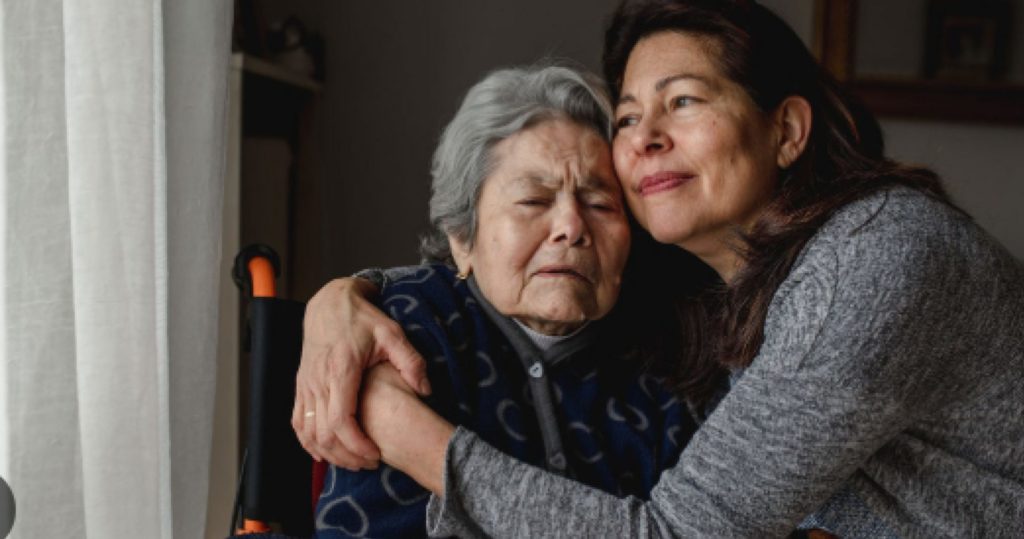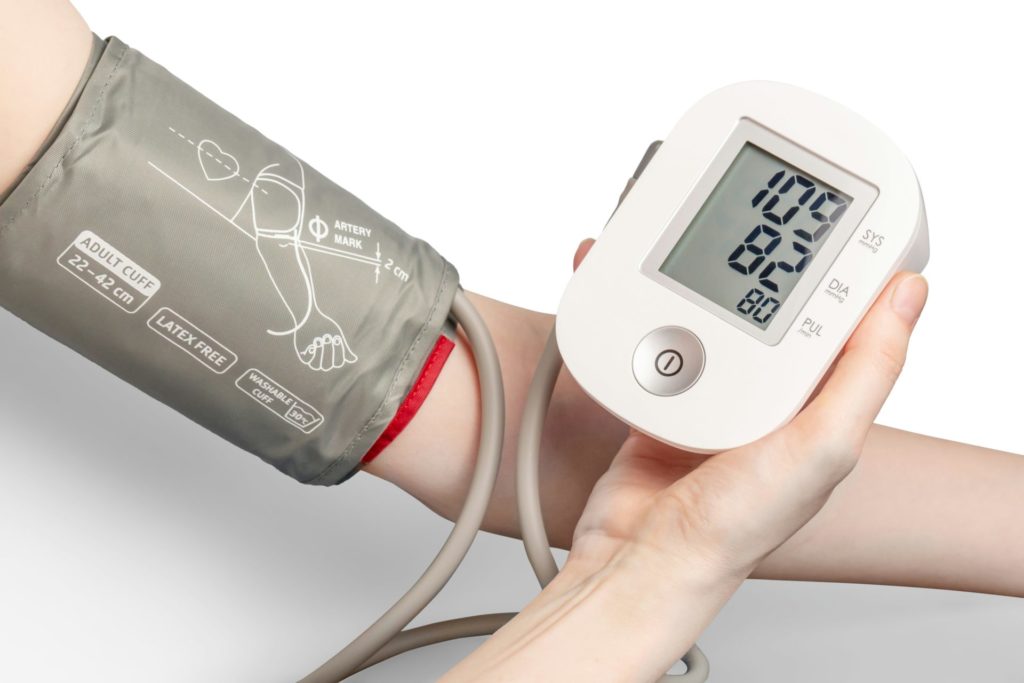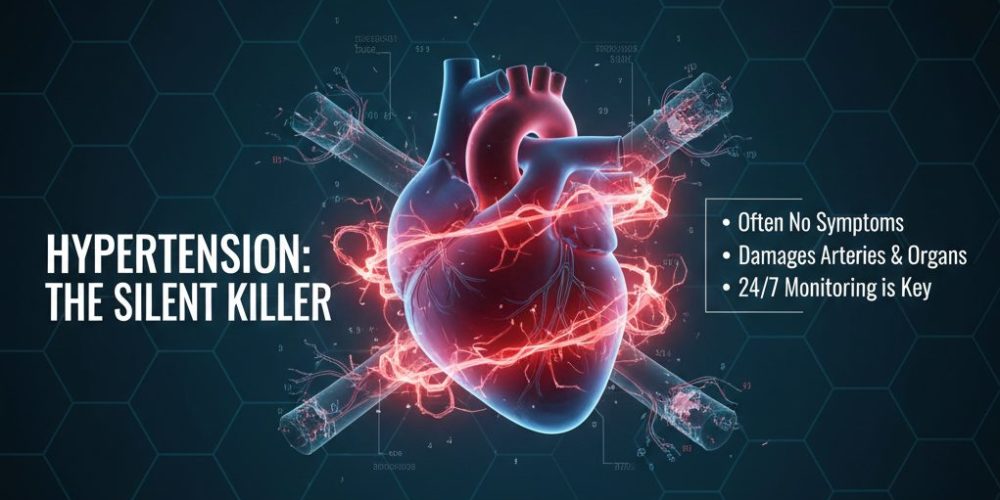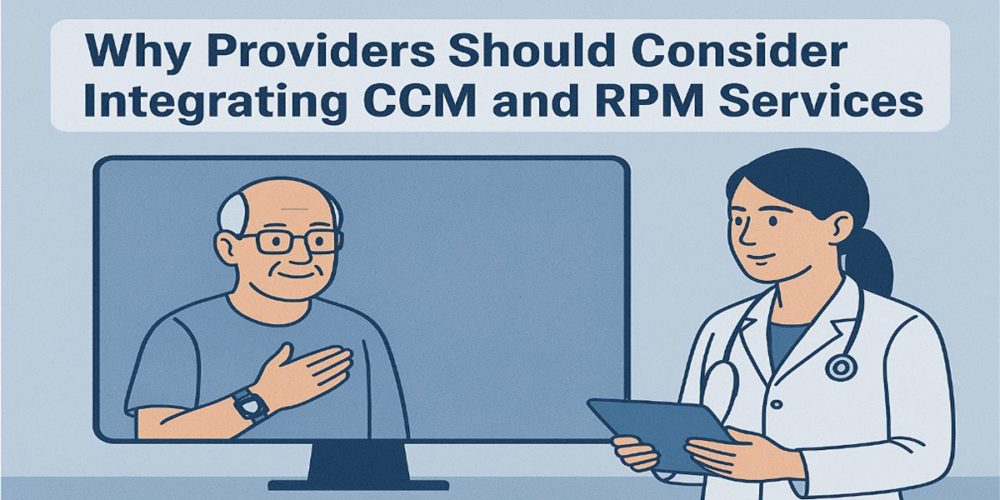Introduction: More Than Just a Heart Problem
When you think of high blood pressure (hypertension), what comes to mind? Most people immediately think of heart attacks, strokes, or kidney problems. And they’re not wrong, hypertension has long been called the “silent killer” because it damages the body without obvious symptoms.
But here’s the overlooked truth: hypertension doesn’t just harm the heart. It also affects the brain. Studies increasingly show that uncontrolled high blood pressure raises the risk of cognitive decline and dementia.
And yet, hardly anyone is making a big deal about it.
We often see dementia as an inevitable part of aging, but in many cases, it’s not. It’s preventable. That means families, caregivers, and healthcare providers need to start talking about blood pressure not just as a heart health issue, but as a brain health issue.

How High Blood Pressure Affects Brain Health
Hypertension damages blood vessels throughout the body including those in the brain. When blood vessels become stiff, narrow, or blocked, the brain receives less oxygen and nutrients.
Over time, this leads to:
- Memory loss
- Confusion and difficulty concentrating
- Accelerated cognitive decline
- Increased risk of dementia
A recent analysis in JAMA Network Open found that untreated hypertension in late life increases dementia risk by 42%, while patients with treated hypertension showed no significant increased risk. This underscores the powerful role that consistent blood pressure management and antihypertensive treatment can play in protecting brain health.
Read the study here
That’s why treating hypertension isn’t only about avoiding a heart attack. It’s about protecting memories, relationships, and independence.
The Human Cost of Dementia: More Than Numbers
Dementia is more than a medical condition , it’s a life-changing event that ripples far beyond the patient.
- Emotional impact: Watching a parent forget names, lose routines, or depend on others for basic tasks is heartbreaking.
- Financial burden: Dementia care is expensive; from in-home support to assisted living facilities, costs quickly overwhelm families.
- Social impact: Adult children often face impossible choices: step back from careers, hire costly caregivers, or place loved ones in long-term care.

The painful questions families quietly ask themselves are:
- Who will take care of mom when she can’t take care of herself?
- Will dad have to move into a care facility?
- How will we afford this?
These are not abstract worries, they’re the lived realities of millions of families worldwide.
Why Independence Matters So Much
Independence is dignity. It’s the ability for older adults to cook, socialize, shop, and live on their own terms. But hypertension quietly chips away at that independence. By fueling dementia, it robs seniors of the very thing they and their families value most: the ability to live life fully and freely.
Prevention isn’t about avoiding numbers on a chart, it’s about protecting the everyday moments that make life meaningful.

Prevention is Key
The good news is that hypertension and its impact on dementia can be prevented or delayed. Here’s how families can start today:
- Monitor blood pressure regularly. Early awareness saves lives.
- Adopt a healthy lifestyle. Exercise, a balanced diet, and stress management all matter.
- Work with doctors. Medications and checkups help keep hypertension under control.
- Talk as a family. Don’t wait until independence is gone to have hard conversations.
Prevention isn’t about fear, it’s about empowerment. It’s about protecting memories, dignity, and financial security for families.
How ProactiveWellness Care Can Help Families
At ProactiveWellness Care, we understand the emotional and financial toll of hypertension and dementia. That’s why we offer Remote Patient Monitoring (RPM) to help families and healthcare providers stay ahead of chronic conditions.
With our system, families don’t have to wait for the next doctor’s visit to know how their loved one is doing:
- 📊 Continuous blood pressure monitoring with real-time tracking.
- 📱 Alerts and insights that allow early intervention before crises escalate.
- 👩⚕️ Nursing support to guide patients and families through care.
- 💡 Reassurance for adult children who are juggling work, family, and caregiving — knowing their parents are being watched over every day.

By bridging the gap between patients at home and their healthcare providers, ProactiveWellness helps reduce hospital visits, lower costs, and most importantly protect independence.
For families worried about both hypertension and dementia, RPM is not just technology. It’s peace of mind.
The Bigger Picture: Why Society Should Care
No one is making a big enough deal about the connection between hypertension and dementia, and that needs to change. If left unaddressed, the financial and social cost will only grow:
- Rising dementia care costs straining families and healthcare systems.
- Millions of working-age adults facing burnout from caregiving.
- Loss of independence and dignity for seniors who could have been protected.
Prevention through better blood pressure management and monitoring is the only sustainable way forward, for families, hospitals, insurers, and society as a whole. With ProactiveWellness Care’s Remote Patient Monitoring, families can act today to protect tomorrow. Because managing blood pressure isn’t just about adding years to life, it’s about adding life to years.



